Bystander support system
Have you been present in a medical emergency? Being a part of an emergency such as a resuscitation attempt, can be a tough experience. When the ambulance leaves, you may be left with many thoughts and questions. We offer support from experienced healthcare professionals. This service is available to bystanders across the country.
Contact
Call us at: 02415 (only available to Norwegian citizens)
We are bound by confidentiality, and the service is free.
For questions about the service, contact Anne Friis Thommassen
Email: anne.friis.thommassen@sus.no
Who is the service for?
This service is for anyone who have witnessed or provided first aid during a medical emergency. You do not need to have performed any first aid or cardiopulmonary resuscitation (CPR) to use the support service, but you must have been present in such a situation. The incident could be a cardiac arrest, a serious accident, a suicide/suicide attempt etc. You may have been a relative or a complete stranger to the person who was seriously ill.
What happens when I call 02415?
When you call 02415, you can book an appointment for follow-up with two of our experienced staff members. If needed, you may also receive a short debrief immediately. We usually have a short waiting time, typically 1–5 business days. The follow-up conversation can take place in person, via Teams, or by phone.
Currently, we have physical locations in Stavanger, Gjøvik, Trondheim, and Ålesund. If you live near one of these locations, we recommend an in-person conversation. If you live elsewhere or prefer not to attend in person, we can offer the conversation via Teams or phone. The phone line is staffed only during weekday daytime hours.
If you are unable to call, you can send an email to anne.friis.thommassen@sus.no instead.
We can also provide an interpreter if needed—please request this when booking your follow-up.
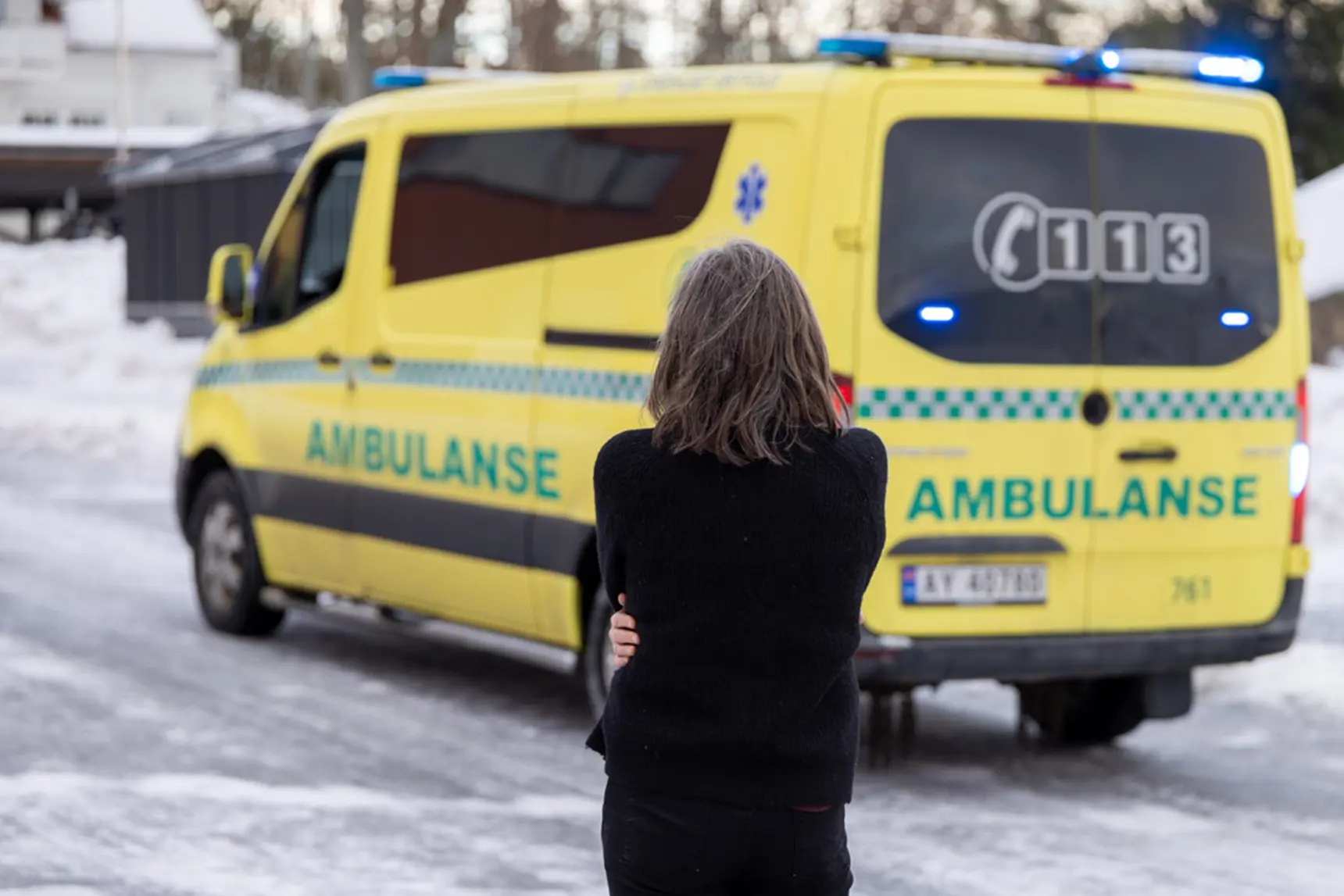
What does the support system do?
The bystander support system consist of follow-up conversations. You will meet with two experienced healthcare professionals with expertise in emergency medicine and crisis reactions. We allocate 90 minutes for individual conversations and 2 hours if there are multiple bystanders. You can receive multiple follow up conversations if necessary. You may also bring a relative for support if you wish.
During the conversation, we will go through the incident together with you and can answer general medical questions. We do not have access to information about the patient or the incident beyond what you share with us. However, based on our experience and knowledge in emergency medicine, we are often able to answer most questions.
Common topics in a follow-up conversation include talking though the incident, information about standard emergency medical procedures, answers to medical questions, information about normal crisis reactions, and advice and support for managing possible reactions.
Who will you meet?
If you receive follow-up from RAKOS (our national service based in Stavanger), you will meet two of our team members:
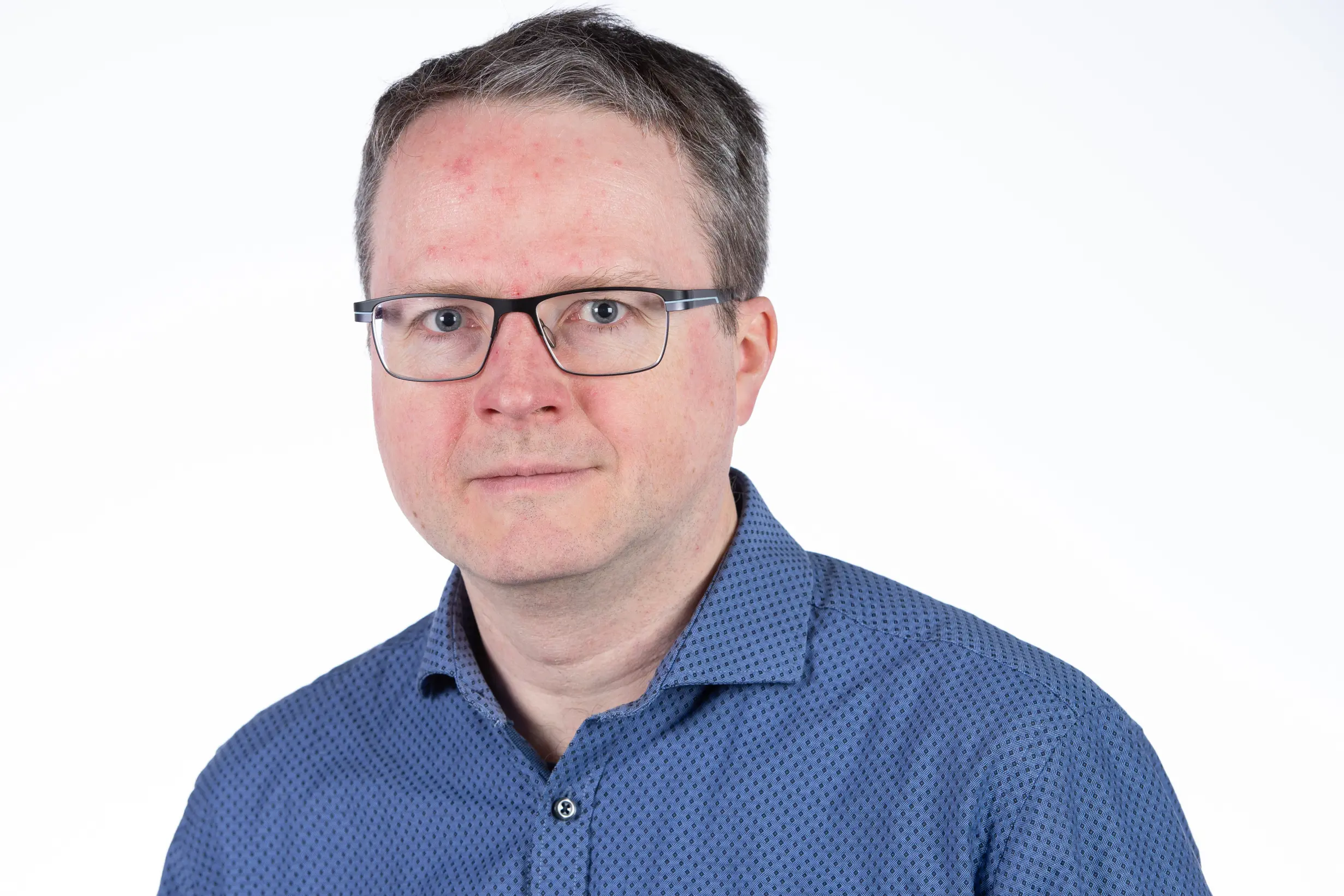
Conrad Bjørshol
Conrad is a senior consultant in anesthesiology at Stavanger University Hospital (SUS) and holds a PhD in the quality of cardiopulmonary resuscitation (CPR). He also works as a senior researcher at RAKOS and as a professor at the Department of Clinical Medicine 1 at the University of Bergen (UiB). In addition, Conrad is a board member of the Norwegian First Aid Council and the Norwegian Resuscitation Council, and he has authored national CPR guidelines in Norway.
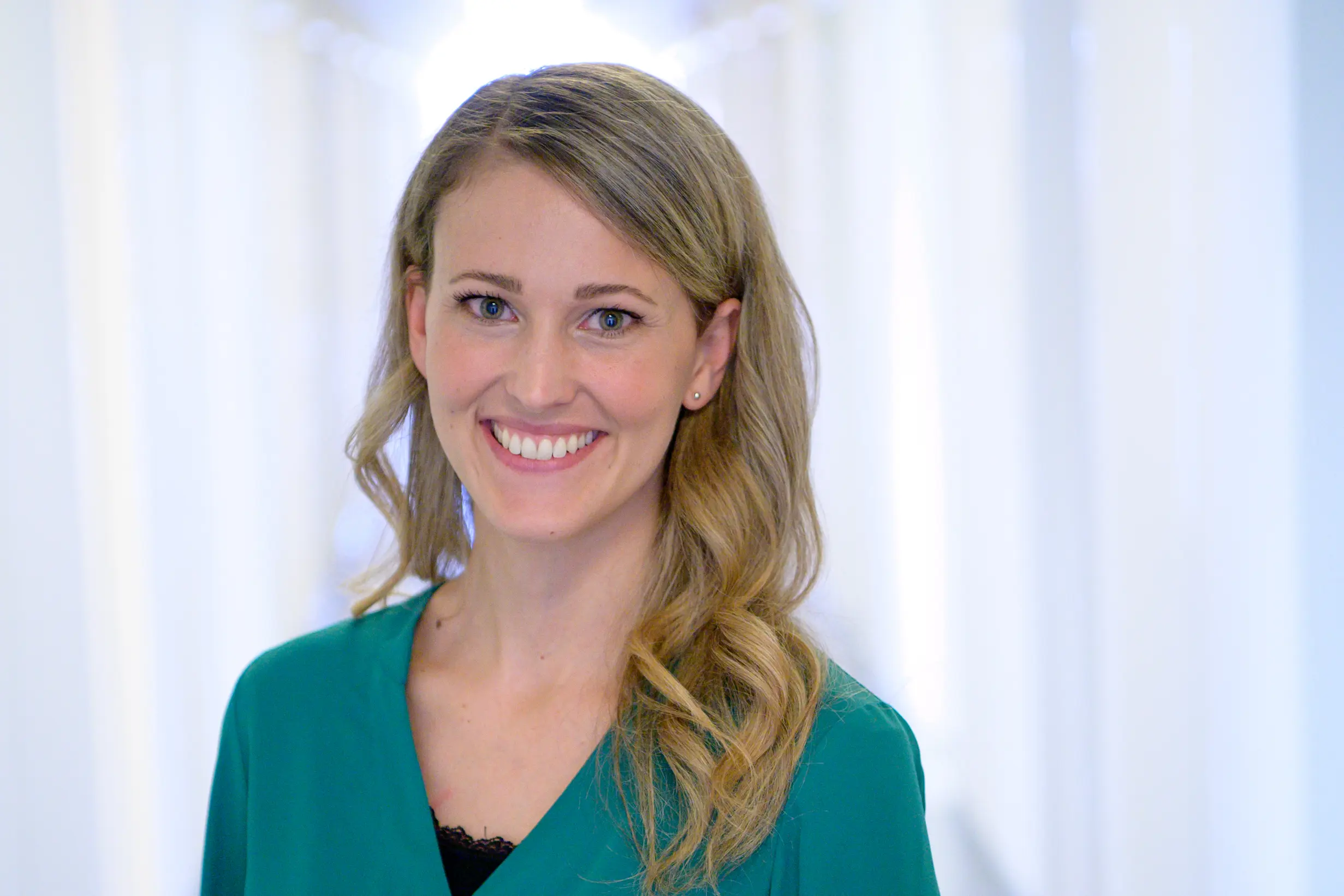
Anna Moe Øvstebø
Anna is the project manager for the Bystander Support System. She holds a master’s degree in human physiology and has additional education in grief support and crisis psychology. She is currently pursuing a PhD at the Centre for Crisis Psychology at UiB / SUS, funded by the Norwegian Air Ambulance Foundation. Her research focuses on bystander support.
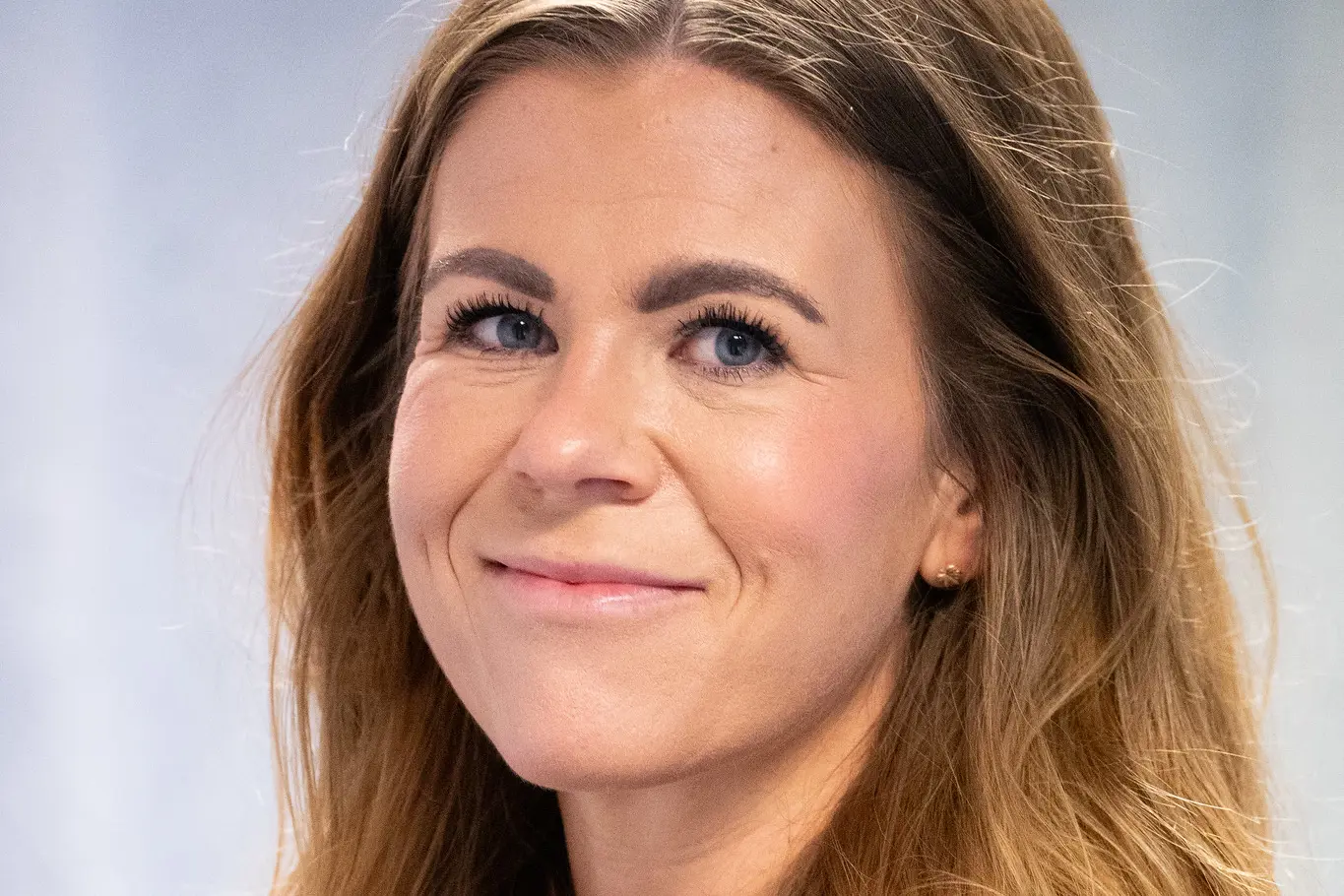
Kristina Reilstad
Kristina works as a consultant at RAKOS and as a nurse at the 113 emergency dispatch center in Stavanger. She has extensive previous experience from the emergency department and the operating room at Stavanger University Hospital.
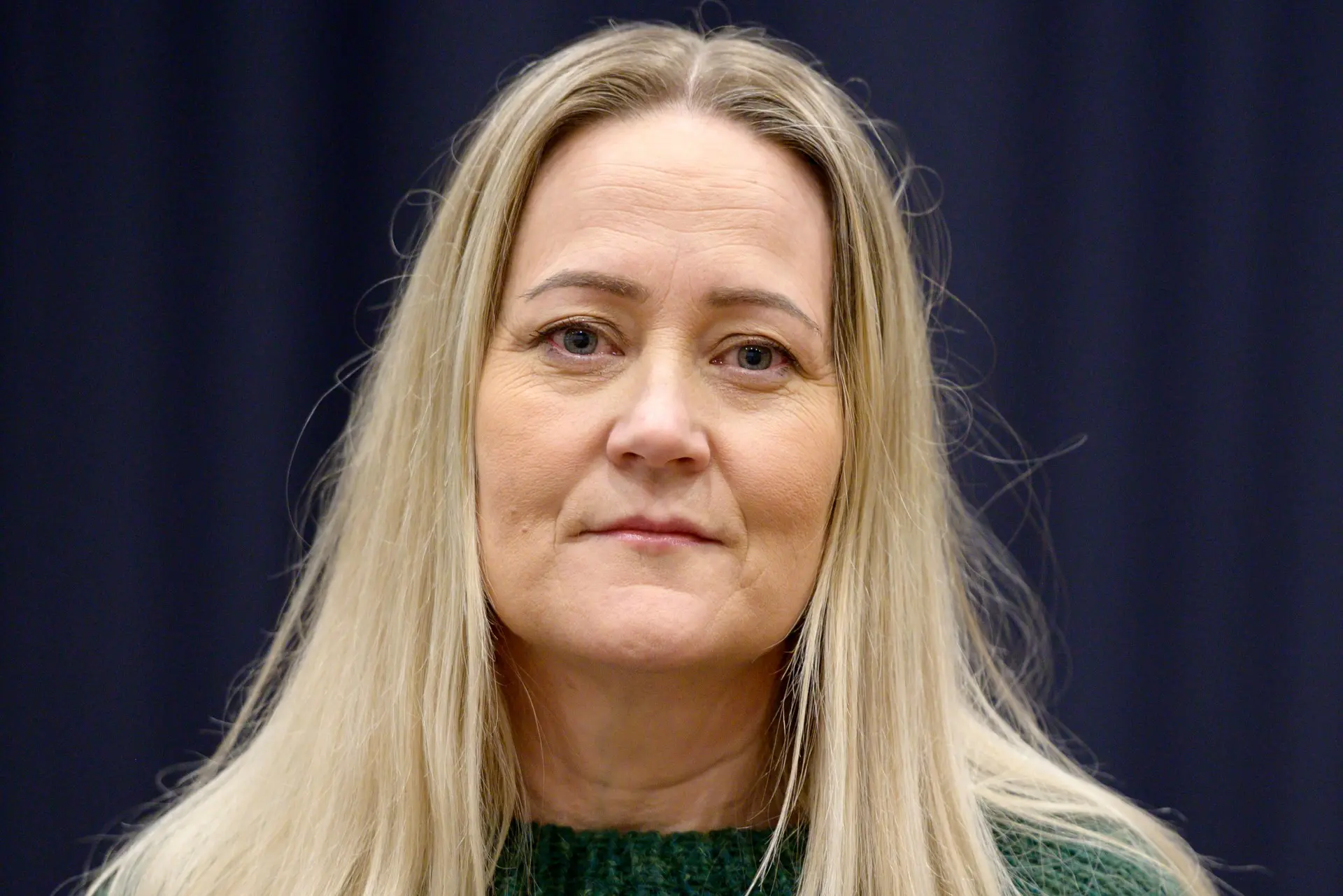
Elisabeth Dyrnes
Elisabeth is a nurse at the 113 emergency dispatch center in Stavanger and at RAKOS, where she primarily works with follow-up for bystanders. She has broad experience from the ambulance service.
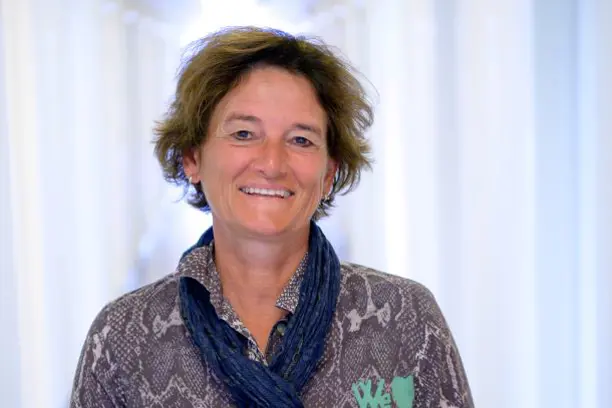
Anne Friis Thommassen
Anne works at RAKOS and is responsible for the national helpline 02415, where appointments for follow-up conversations are scheduled. She also participates in follow-up conversations and has extensive training in this area.
If you receive follow-up at our locations in Gjøvik, Ålesund, or Trondheim, you will meet skilled 113 nurses with experience in emergency medicine and training in conducting conversations with bystanders.
More information
If you were present during a cardiac arrest and know that the patient died, it may be helpful to know that only 1 in 6 patients survive a cardiac arrest. Even with good CPR, it is most common that the patient does not survive. Many factors influence the outcome, such as whether someone was present when the cardiac arrest occurred, how long it took for the ambulance to arrive, and whether the patient had other underlying conditions. It is also very difficult to cause serious harm when performing CPR, even if, for example, ribs are broken. The most important thing is that you do your best.
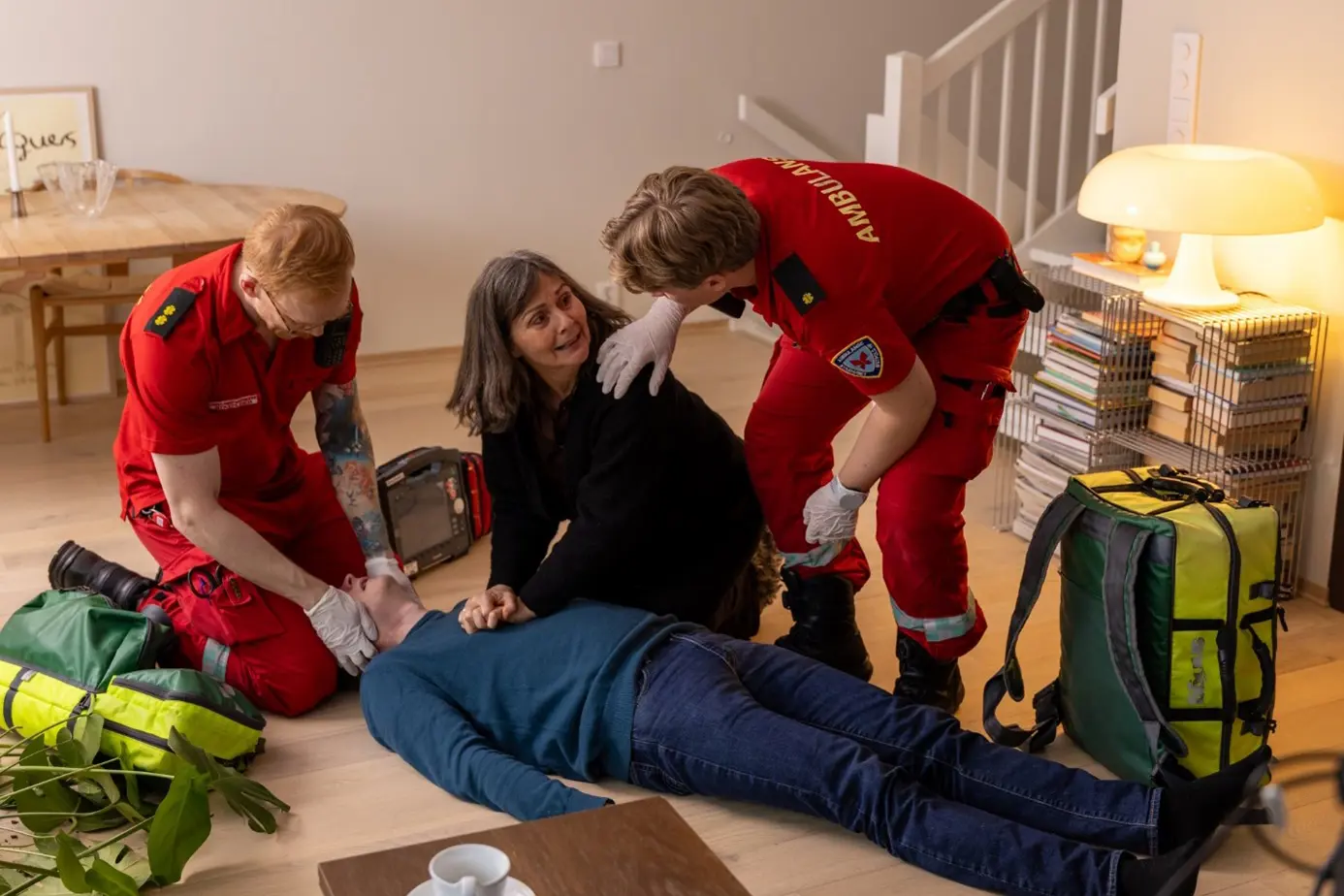
Normal reactions to an abnormal event
Calling 113 is also an important part of providing first aid. If you were unable to help, know that it is not unusual to feel paralyzed in an emergency. Even experienced healthcare professionals can experience this if they are caught off guard in a first aid situation. It can be especially difficult to be a bystander when the person in need is a family member, friend, or acquaintance. Whether you were unable to help or someone else took over, witnessing someone being seriously ill or injured can be very distressing.
It is not uncommon to have many thoughts and to ruminate after being in a medical emergency. Many people are left with strong impressions that can be disturbing afterward, especially sensory impressions like sights and sounds. You may worry about what happened to the patient, and some people feel guilty for not having provided good enough first aid. Others may experience sleep problems, flashbacks, anxiety, trouble concentrating, weight loss, and difficulty functioning in daily life. Some people feel numb or that the whole experience feels unreal. All of these are normal reactions to an “abnormal” event.
It is normal to have such reactions in the first weeks and months after a serious incident. Most people will notice a gradual improvement in symptoms within the first few days or the first week. For some, it takes longer. It is also completely normal not to have any particular aftereffects. You can read more about reactions here: Reaksjoner | Kriser | UiB.
Do you want someone to talk to?
You do not need to have any of the symptoms mentioned above to have a conversation with us. Many bystanders benefit from going through the incident with professionals. However, not everyone needs follow-up after a medical emergency. Some people do not feel the need to talk, and that is completely okay. As long as you are aware of not avoiding things that remind you of the incident and you are functioning well in daily life, there is no reason to worry.
Some people find support in family and friends, their GP, or other support services. For others, thoughts and feelings may arise later. There is no expiration date on the follow-up service, and it is never too late to get in touch. If you want someone to talk to, call us at 02415.
The service is free and confidential.
Contact
Call us at: 02415 (for Norwegian residents only)
For questions about the service, contact Anne Friis Thommassen
Email: anne.friis.thommassen@sus.no
In case of emergency, call the medical emergency number 113
If it is urgent but not an emergency, call the out-of-hours medical service at 116117
Practical information for follow-up conversations in Stavanger
What can you do?
Written information on managing distressing images, rumination, restlessness, sleep issues, guilt, etc. in English: Self-help methods
Other important topics
Other support services
Some people may need to use other support services in addition to, or instead of, the follow-up service for first aid responders.
If it is an emergency, call the medical emergency number 113.
If it is urgent but not life-threatening, call the out-of-hours medical service at 116117.
Your general practitioner (GP) can also help with issues such as sleep problems, the need for sick leave, or referrals to a psychologist.
Many municipalities in Norway also offer a service called “Rask psykisk helsehjelp” (Rapid Mental Health Support). They can assist with mild to moderate mental health issues.
Read more about this service in Stavanger municipality here: Rask psykisk helsehjelp | Helsehuset
Pårørendesenteret (The Relatives’ Centre) has a national helpline and chat service. In the Stavanger region, they also offer in-person conversations.
Visit: Pårørendesenteret – Ressurser for deg som er pårørende
Other helplines and services
Mental Helse - Alle har en Mental Helse
LEVE | Landsforeningen for etterlatte ved selvmord